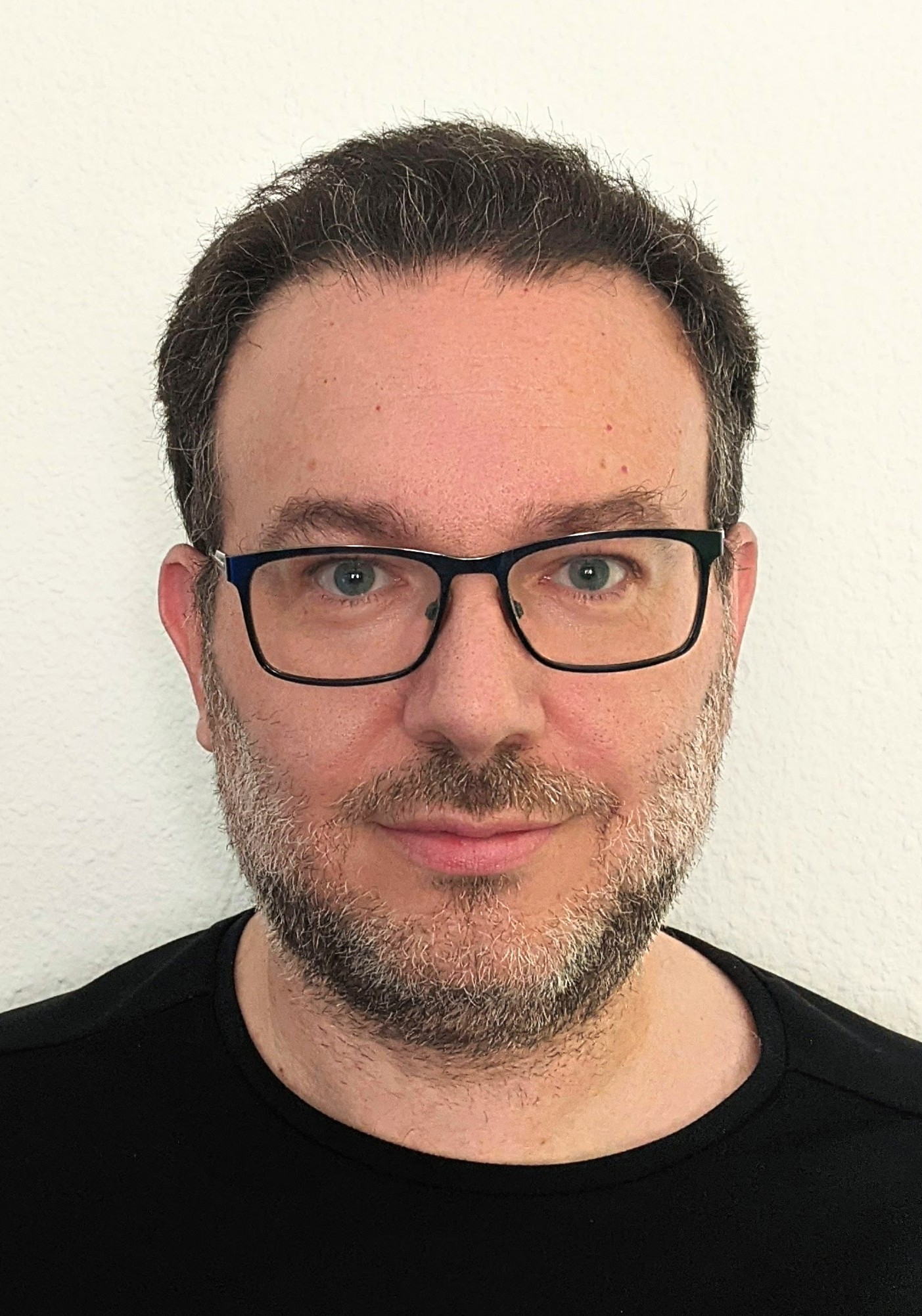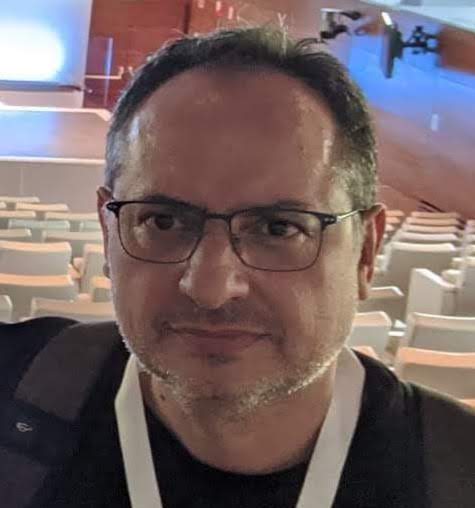Practical tutorial: FCA algorithms with the R package fcaR
Working and learning together with fcaR
Authors

Domingo López-Rodríguez
Dept. Applied Mathematics, University of Málaga, Spain

Ángel Mora
Dept. Applied Mathematics, University of Málaga, Spain
ABSTRACT
We invite you to participate in a practical tutorial on the use of the fcaR tool at the next CLA 2022 conference.
This tool is a library created in the R programming language, and implements most of the fundamental structures of FCA, as well as the most relevant algorithms for handling formal contexts, concept lattices and implication systems.
Additionally, it implements the extension of FCA to fuzzy datasets and Simplification Logic to develop automated reasoning tools. This package is the first to implement FCA techniques in R.
To date, the tool has more than 21000 downloads from the official repository and has been used in several scientific articles for the creation of recommender systems or for the development of new algorithms for the simplification of implications with mixed attributes. The library, in particular, has been accepted for publication in the next issue of the "R Journal" (D1 in JCR).
This tutorial will consist of two parts:
- In the first part (entirely practical) you will learn the basic methods implemented - "it's not about seeing how we do it, it's about you doing it" - the members of our group will help you all the way.
- The second part shows how to use our tool for the development of a recommendation system in medical environments with a real dataset.
Instructions for the successful development of the tutorial:
- Carry your laptop
- Install R:
* Follow the instructions at cran.r-project.org/ for your platform - Install Rstudio Desktop on your laptop
* Follow the instructions at www.rstudio.com/products/rstudio/download/#download/ for your platform
Please, send us an e-mail in case of any problem before the workshop to make full use of the time in the tutorial - dominlopez@uma.es, amora@uma.es
Tutorial assistants:
- Manuel Ojeda-Hernández
- Francisco Pérez Gámez
Link to documentation of the library: malaga-fca-group.github.io/fcaR/
 CLA-2022 is co-organised by TalTech Industrial project.
The project has received funding from the European Union’s Horizon 2020 research and innovation programme
under grant agreement No 952410.
CLA-2022 is co-organised by TalTech Industrial project.
The project has received funding from the European Union’s Horizon 2020 research and innovation programme
under grant agreement No 952410.